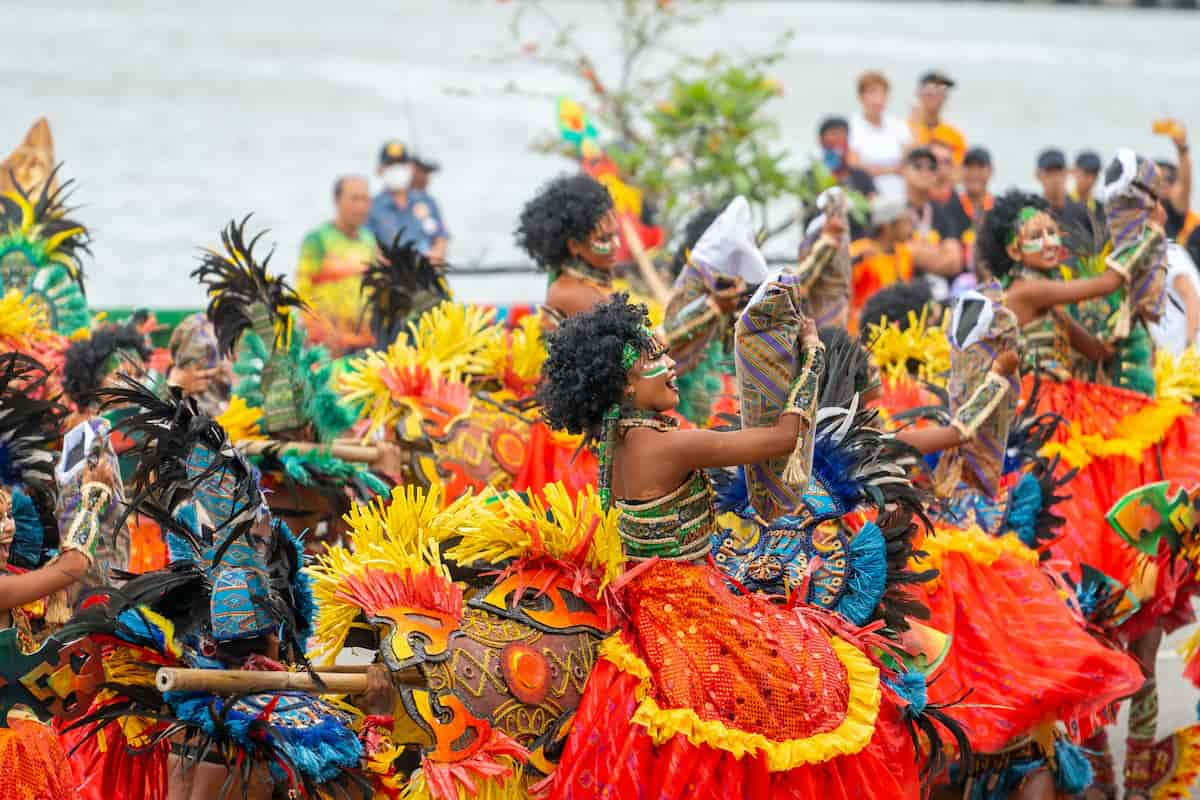Did you know that Brazil, famous for its stunning landscapes and samba rhythms, is also home to the largest Afro-Brazilian population outside of Africa? In this article, we’ll explore seven interesting facts about Afro-Brazillians. Continue reading to discover what sets them apart from other ethnic groups.
Join our Spotcovery Global Black Community Facebook Group for early access to exclusive content and to share in a lively discussion.
Become an insider. Subscribe to our newsletter for more top trending stories like this!
Proud Legacy
Have you ever stopped to ponder the incredible legacy of Afro-Brazilians? Known for its cultural diversity, Brazil boasts a remarkable statistic – over 48% of its population has African ancestry. That’s almost half the nation proudly carrying the legacy of their African roots.
Besides the numbers, Afro-Brazilians also have a profound impact on Brazil’s cultural richness. One remarkable example is the iconic Samba, a beloved Brazilian music and dance genre. Did you know that Samba’s origins can be traced back to Afro-Brazilian traditions?
People Also Read: Top African Countries With Arabian Influence in the Modern World
Influential Icons
The Afro-Brazilian community has produced influential figures whose impact extends far beyond Brazil’s borders. These icons have left an indelible mark on the nation and the world.
One such popular figure is Pelé, often hailed as one of the greatest footballers ever. His exceptional skills and magnetic presence on the pitch inspired generations and transcended cultural boundaries.
Another influential figure is Machado de Assis, an iconic author whose literary works have continually captivated readers globally. It’s worth noting that he proudly accepted his Afro-Brazilian heritage, becoming a symbol of literary excellence. Machado de Assis’s literal works are available on Amazon.
Carnival Celebration
When it comes to celebrations, Brazil’s Rio Carnival takes center stage, and Afro-Brazilian culture plays a dynamic role in its splendor.
Carnival is more than just a party; it’s a cultural extravaganza that pulses with Afro-Brazilian rhythms. The beats of Samba, deeply rooted in Afro-Brazilian traditions, fill the streets, captivating millions with infectious energy.
During Carnival, the city of Rio de Janeiro transforms into a kaleidoscope of colors, costumes, and creativity. Samba schools, many with strong ties to the Afro-Brazilian community, compete in an impressive parade, showcasing their artistic prowess and cultural pride.
People Also Read: History of Black Voting Rights: 6 Interesting Facts
Become an insider. Subscribe to our newsletter for more top trending stories like this!
African Diaspora
Bahia is a place where the rhythms of Africa echo through the streets, where vibrant festivals and ceremonies pay homage to the ancestral heritage. It’s a land where capoeira, a mesmerizing martial art form intertwined with dance and music, finds its roots.
Here, you’ll encounter the mesmerizing Candomblé, an Afro-Brazilian religion that honors African deities and spirits. It’s a captivating blend of spirituality, dance, and music, embracing the vibrant diversity of Brazil’s African heritage. Here are books on Amazon to help you learn more about Bahia.
Educational Challenges
While Afro-Brazilians contribute significantly to Brazil’s cultural and social fabric, persistent educational challenges demand attention.
In Brazil, Afro-Brazilians often face disparities in access to quality education. These disparities manifest in lower enrollment rates, limited access to higher education, and higher dropout rates than their counterparts.
Addressing these challenges is essential for building a more equitable society. Initiatives that promote inclusive and culturally sensitive educational programs can play a vital role in bridging the educational gap.
These intriguing facts barely scratch the surface of the Afro-Brazilian story. Their history, culture, and contributions continue to shape Brazil into the vibrant nation it is today. Do you want to learn more about the Afro-Brazilians? Get Afro-Brazilian books on Amazon.
People Also Read: Pan African Colors: What Do They Mean?
Nearly 80% of consumers visit directories with reviews to find a local business. List your business for free in our exclusive Spotcovery Black-Owned Business Directory.
Spotcovery offers unique and fresh daily content on Black culture, lifestyle, and experiences. We talk about everything black, black people, black-owned and black-owned businesses. We also deliver authentic and relevant content that will inform, inspire, and empower you! The future of black media is critical to today’s black experience! Our primary audience includes African Americans, Africans, Afro-Caribbean, and people of African heritage. Black culture is for the culture!
Become an insider. Subscribe to our newsletter for more top trending stories like this!





